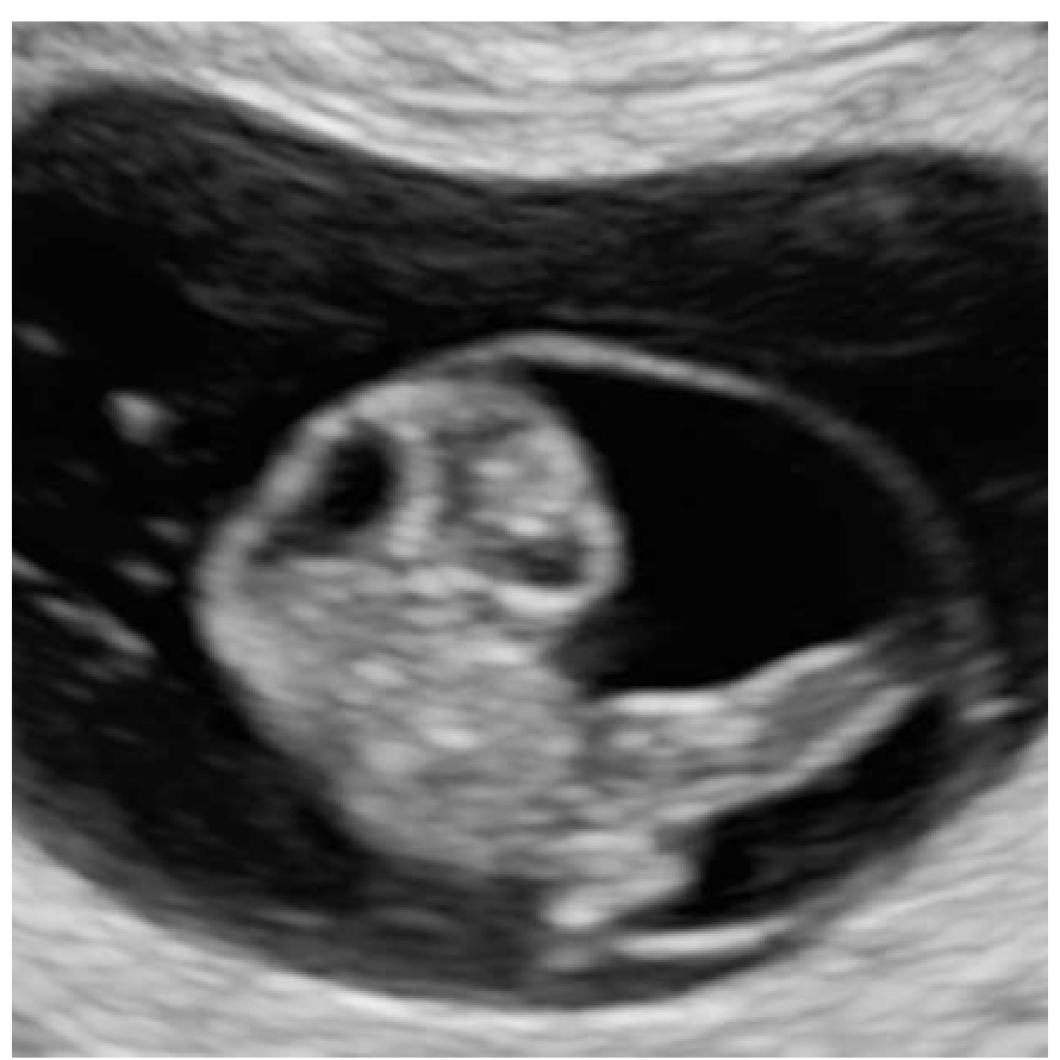
A federal judge is weighing a preliminary injunction on some of North Carolina‘s new abortion restrictions, including hospital requirements for abortions later in pregnancy and requiring ultrasounds before prescribing abortion pills.
Judge Catherine Eagles, an Obama appointee, said Monday that she would make a decision on a preliminary injunction on those two measures within the week. Eagles was responding to a petition from Planned Parenthood South Atlantic and Duke University OB/GYN Beverly Gray, who asked her to re-hear a case against these aspects of the abortion legislation that she did not rule on in June when she upheld the statute passed by a veto-proof majority in the legislature.
FACULTY FREE SPEECH UNDER SCRUTINY WITH EROSION OF ACADEMIC TENURE
The abortion ban that took effect in the Tar Heel state in July prohibits most abortions after 12 weeks gestation, but it requires abortions conducted after this time limit for cases of rape, incest, or “life limiting” fetal anomalies to be performed in a hospital setting rather than an outpatient clinic.
Planned Parenthood contends that the hospital requirement is an unnecessary burden that has “no rational relationship to health and safety,” delaying abortion services and making the procedure more costly. Its records indicate that nearly 39,000 abortions were performed by Planned Parenthood South Atlantic, which covers North and South Carolina as well as Virginia and West Virginia, between January 2022 and June 2023, with only 0.08% requiring emergency hospital treatment.
The larger issue for Planned Parenthood, however, is the required ultrasound testing prior to abortion pill prescription. The law also requires that patients must have an ultrasound to confirm the location of a pregnancy prior to a physician prescribing abortion pills, which is only permissible under the law before six weeks gestation.
Planned Parenthood South Atlantic spokesperson Molly Rivera told the North Carolina News Line that most patients seek abortions between six and eight weeks of pregnancy, noting that this is the window in which most pregnant women obtain their first ultrasounds.
“The legislature said medication abortion is legal through 12 weeks. It won’t be, it can’t be, if it can’t be visible on an ultrasound,” said Rivera.

Erik Baptist, senior counsel for the Alliance Defending Freedom, a nonprofit organization defending the Republican legislators who crafted the bill, told the North Carolina News Line that both the hospital and ultrasound requirements were intended for maternal patient safety.
The American Association of Pro-Life Obstetricians and Gynecologists recommends that a pregnant woman receive an ultrasound for any elective procedure, including an elective abortion, to determine not only the gestational age of the child but also to ensure that the pregnancy is within the uterus.
Early pregnancy ultrasounds are also relatively routine in more complex cases, such as those with a history of ectopic pregnancy or miscarriages. Embryonic ultrasounds can detect a pregnancy within days of a missed period, according to the British Gynecology Ultrasound Center.
CLICK HERE TO READ MORE FROM THE WASHINGTON EXAMINER
Susan B. Anthony Pro-Life America estimates that the 12-week limitation on abortion in North Carolina will save 3,212 infants annually.
The Washington Examiner contacted the Alliance Defending Freedom and Planned Parenthood South Atlantic with requests for comment.





